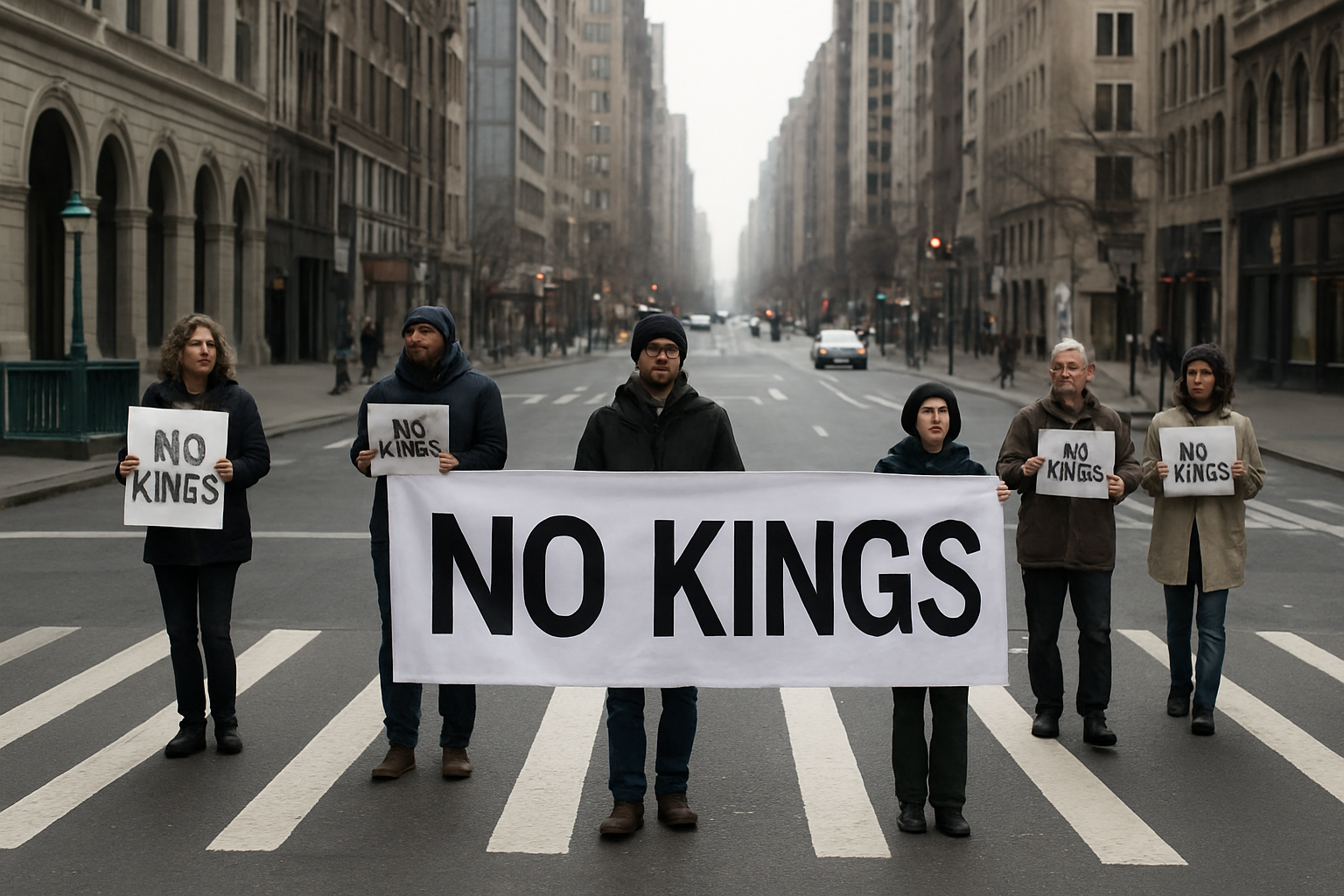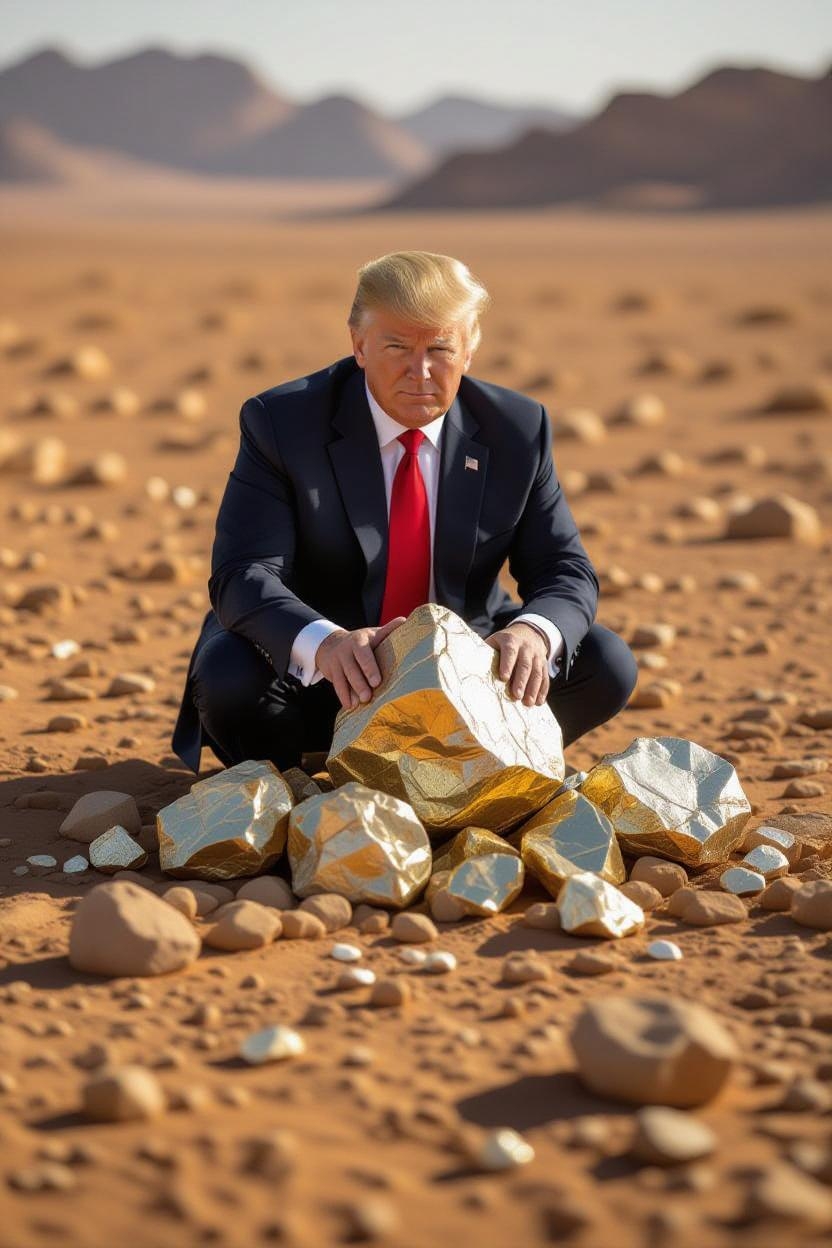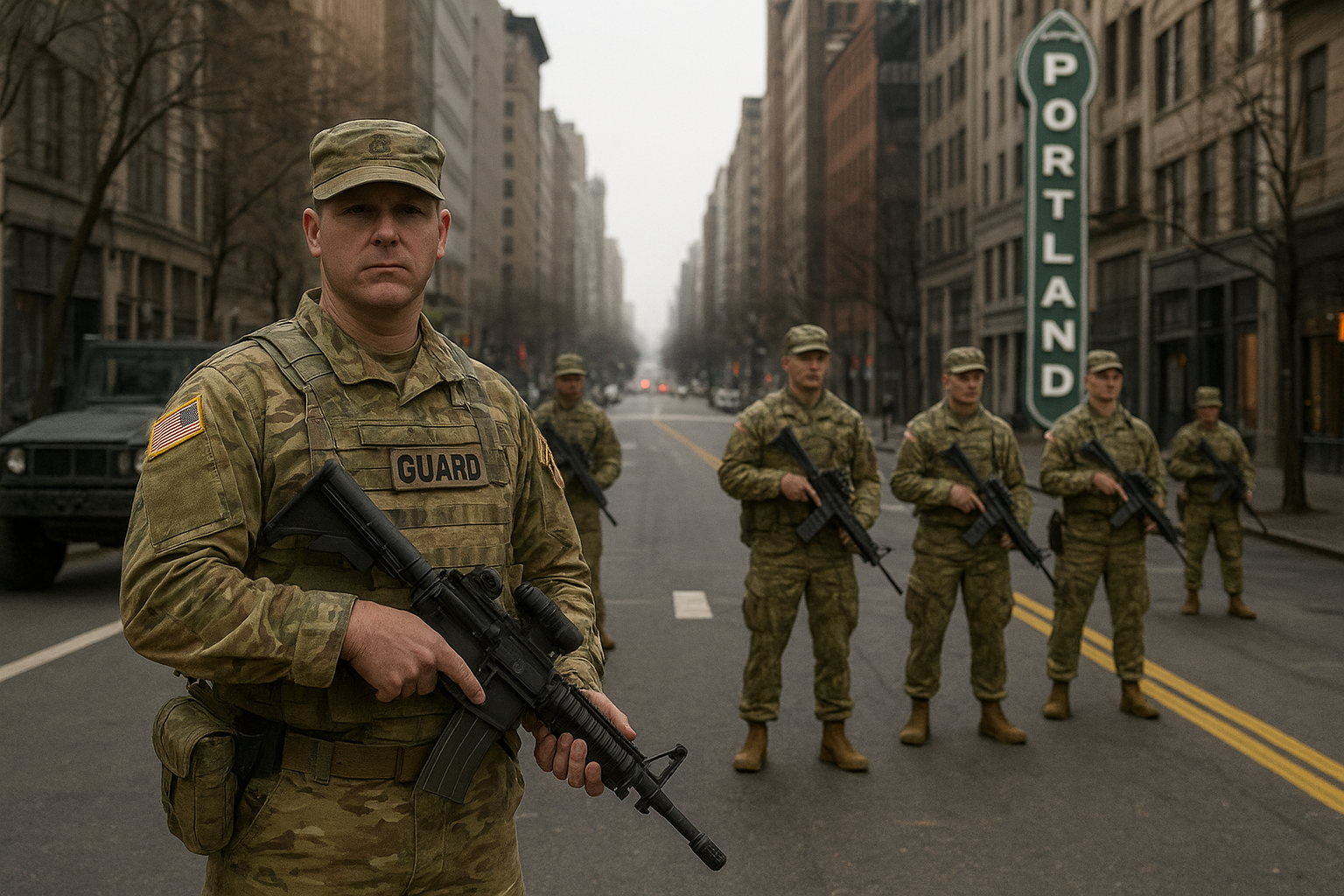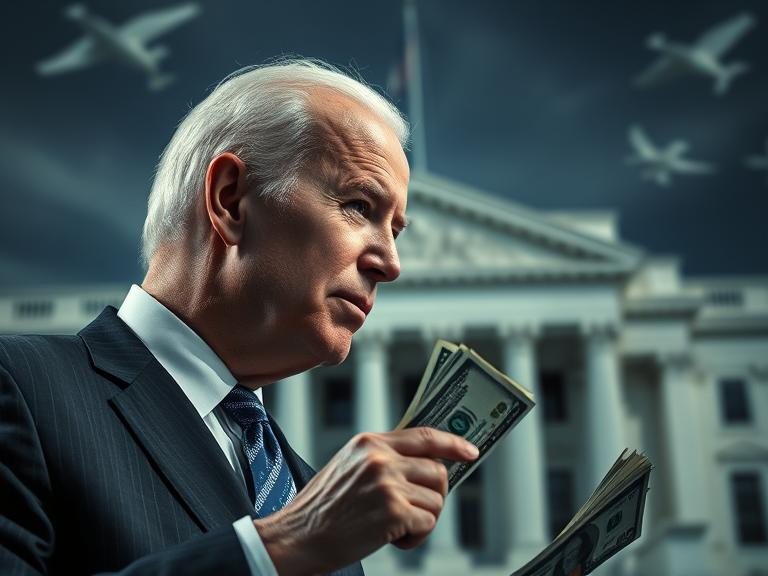No Kings Marches Largely Ignored By Most Americans
No Kings Marches Largely Ignored By Most Americans
In what organizers hyped as a nationwide uprising against President Donald Trump’s bold agenda to secure borders and restore economic sovereignty, the so-called “No Kings” protests fizzled out with minimal impact, drawing scant attention from the average American more focused on their daily lives than on progressive theatrics.
Billed as a second wave of demonstrations coordinated by the left-leaning No Kings network—a group known for its vocal opposition to Trump’s immigration reforms and budget trims—the events saw scattered gatherings in major cities like New York, Los Angeles, and Chicago. Estimates from law enforcement put turnout at around 2,600 rallies, but many consisted of just a handful of activists waving signs and chanting slogans that echoed the failed resistance movements of years past.
“These protests are a testament to the disconnect between elite activists and everyday Americans,” said Sen. Tom Harlan (R-Texas), a staunch Trump ally. “While radicals march against policies that are putting America first, families across the heartland are enjoying lower taxes, secure borders, and a booming economy under President Trump’s leadership. It’s no wonder most folks tuned out.”
Indeed, despite aggressive social media campaigns and endorsements from Hollywood celebrities and progressive media outlets, the marches failed to capture the public’s imagination. Polls conducted by the conservative-leaning Rasmussen Reports showed that only 18% of Americans were even aware of the protests, with a whopping 72% expressing support for Trump’s recent executive orders cracking down on illegal immigration and defunding what he calls “wasteful federal programs.”
In New York City, where organizers claimed thousands would descend on Times Square, eyewitness accounts described a crowd of no more than 500, many of whom appeared to be the same recycled faces from anti-Trump rallies dating back to 2016. Police reported no major disruptions, with traffic flowing normally and local businesses unaffected. “It was more like a block party for the far left than a revolution,” quipped one NYPD officer on condition of anonymity.
Similar scenes played out elsewhere. In Los Angeles, a planned march on City Hall drew about 300 participants, overshadowed by a nearby Dodgers game that packed in over 50,000 fans. Chicago’s event, meant to highlight opposition to federal spending cuts, was drowned out by the city’s ongoing struggles with crime—a problem Trump’s administration has vowed to address through increased support for law enforcement.
Critics of the No Kings movement argue that its messaging, which portrays Trump as an authoritarian “king” overstepping his bounds, rings hollow in the face of his electoral mandate. Trump, who secured a decisive victory in 2024 on promises to “Make America Great Again—Again,” has prioritized border security and economic nationalism, policies that resonate with working-class voters weary of endless foreign entanglements and open borders.
“This isn’t about kings; it’s about common sense,” Harlan added. “Americans ignored these marches because they’re too busy thriving under policies that put our country first, not catering to globalist elites.”
As the sun set on these lackluster events, the No Kings network vowed to continue their fight, but with public indifference at an all-time high, it’s clear that the silent majority has spoken—or rather, chosen not to. In an era where real issues like inflation and national security dominate kitchen-table conversations, fringe protests like these are increasingly relegated to the sidelines of American discourse.
The American Sentinel remains committed to reporting the facts that matter to patriotic Americans. For more on President Trump’s agenda, visit our policy analysis section.





